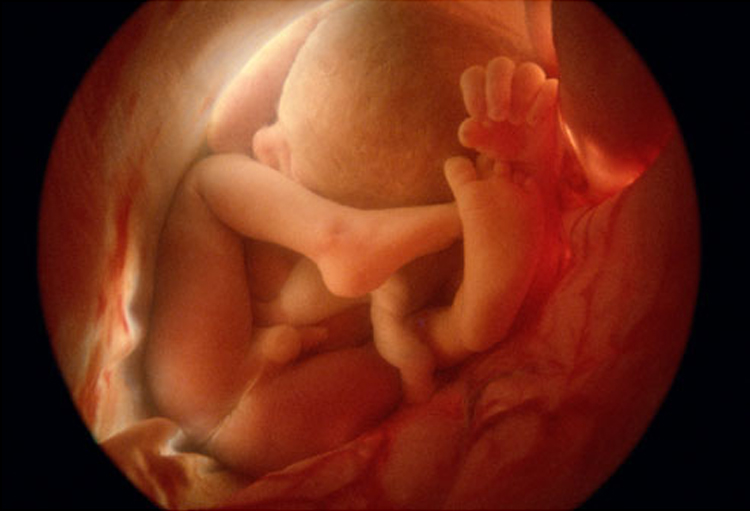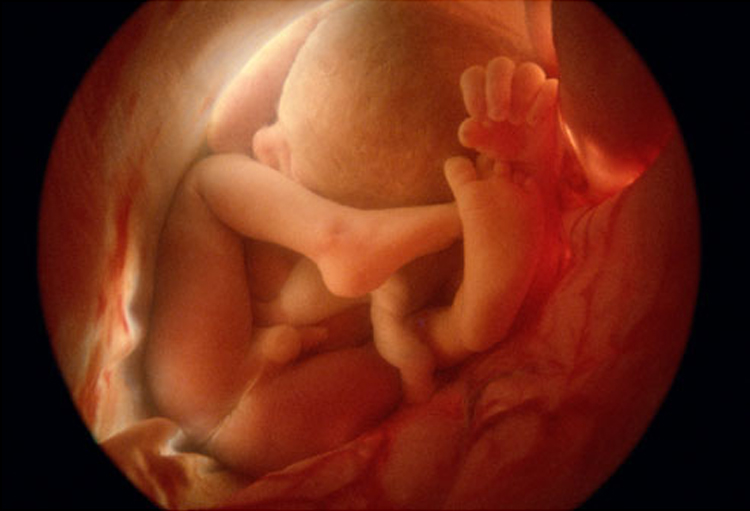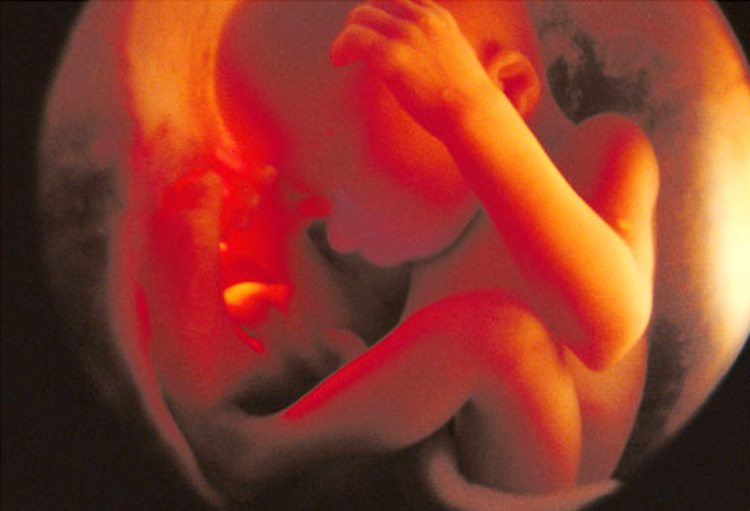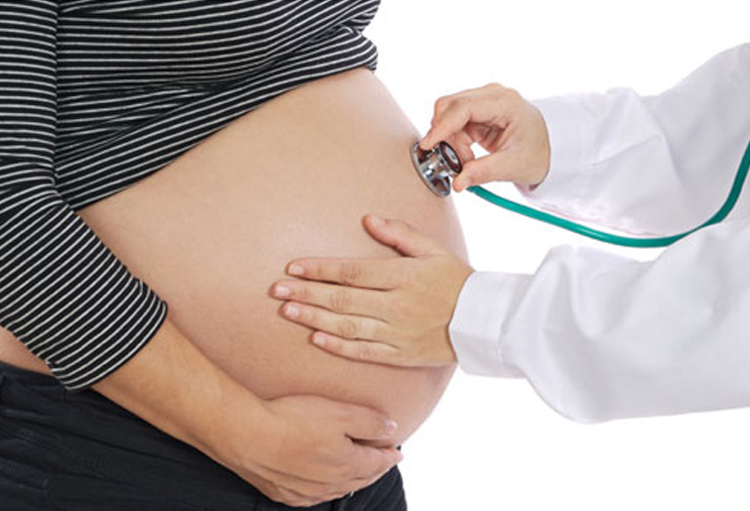Your Baby at Week 39
In week 39 of pregnancy, your baby has reached full-term, marking an incredible milestone in their development. At this stage, your little one weighs around 7 to 8 pounds (3kg-3.5kg) and measures approximately 19 to 21 inches in length. While their measurements are now relatively stable, their brain continues to grow rapidly, setting the stage for the amazing skills and tricks they will acquire once they enter the world.
Brain Development

The brain is a dynamic organ, and even at week 39, it is still undergoing significant growth. The remarkable expansion of your baby’s brain will become more evident once they are exposed to the outer world. As they interact with their surroundings, their cognitive abilities will gradually expand, providing a foundation for their future learning and development.
Crying: A Means of Communication
During this week, you may hear your baby cry, primarily during the nighttime. Crying is one of the few methods newborns have to communicate their needs and discomfort. However, it’s interesting to note that their tears may not produce visible tears just yet, as the tear ducts have not fully formed. You can expect to see tears in the following months after your baby’s birth.
Skin Development and Surfactant Production
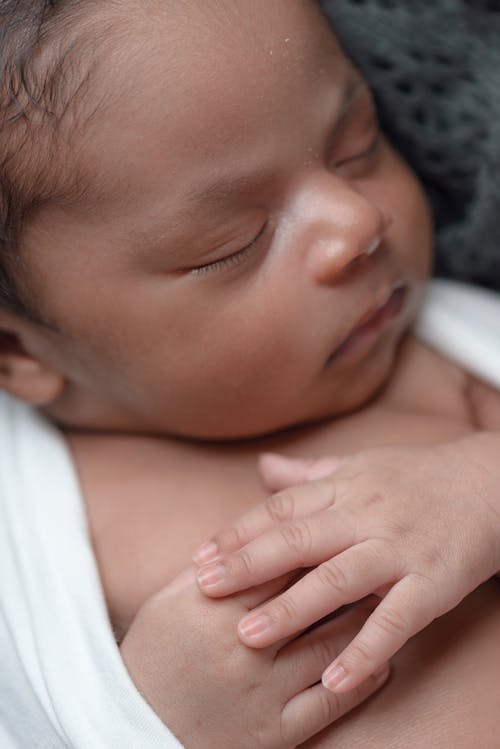
At week 39, your baby’s skin has developed significantly due to the accumulation of fat. This fat not only helps to provide insulation and regulate body temperature but also contributes to the smoothness and plumpness of their skin. Additionally, your baby is producing surfactant, a substance that lines the air sacs in the lungs, allowing them to expand and contract properly for breathing after birth.
Breast Buds
By now, your baby has developed small breast buds. This is a normal part of their growth and is due to hormonal influences. These buds will eventually disappear after birth, as they are influenced by maternal hormones present during pregnancy. It’s important to remember that breast development in newborns is entirely normal and does not indicate any medical concerns.
Final Preparations for Birth

As you reach week 39, both you and your baby are making final preparations for birth. Your baby’s organs and systems are functioning well, and their body is ready for the transition to life outside the womb. Meanwhile, your body is gearing up for labor, with the cervix gradually softening and thinning in preparation for dilation.
39 Weeks pregnant symptoms
At 39 weeks pregnant, you may experience a range of symptoms as your body prepares for childbirth. Here are some common symptoms you may encounter during this stage:
Braxton Hicks Contractions
These are practice contractions that help prepare your uterus for labor. At 39 weeks, you may notice these contractions becoming more frequent and intense.
Increased Discomfort
As your baby continues to grow, you may experience increased discomfort, particularly in the pelvic area. Pressure on your bladder may result in more frequent trips to the bathroom.
Backache
The added weight of your growing belly can lead to backache and discomfort. Gentle stretching, proper posture, and using support pillows can help alleviate some of the discomfort.
Fatigue
Carrying extra weight and the anticipation of labor can leave you feeling tired. Make sure to rest and listen to your body’s cues for when you need to slow down or take breaks.
Swollen Feet and Ankles
Swelling, particularly in the feet and ankles, is a common symptom at this stage of pregnancy. Elevating your feet, avoiding standing for long periods, and wearing comfortable shoes can help reduce swelling.
Increased Braxton Hicks Contractions
These practice contractions may become more noticeable and frequent, sometimes leading to false alarms. It’s important to monitor their pattern and intensity to differentiate them from actual labor contractions.
Nesting Instincts
Many expectant mothers experience a surge of energy and a strong desire to prepare their home for the baby’s arrival. This nesting instinct can lead to increased organization, cleaning, and setting up the nursery.
Remember, every pregnancy is unique, and not all women will experience the same symptoms at 39 weeks. If you have any concerns or experience severe symptoms such as intense contractions, fluid leakage, or decreased fetal movement, it’s important to contact your healthcare provider for guidance and reassurance.
Week 39 of pregnancy is an exciting time as you approach the end of this incredible journey. Your baby’s growth and development have been remarkable, and their brain continues to expand rapidly. The ability to cry, the development of skin and surfactant production, as well as the presence of breast buds, highlight the intricate processes occurring within your baby’s body. As you eagerly await your baby’s arrival, take comfort in knowing that they are well-equipped to enter the world and embark on a lifelong journey of growth and discovery.
